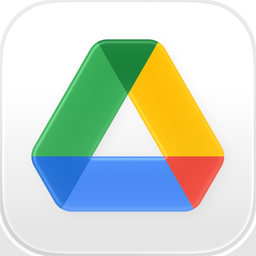
Don't have WebCatalog Desktop installed? Download WebCatalog Desktop.
Desktop App for Mac, Windows (PC)
Use Google Drive in a dedicated, distraction-free window with WebCatalog Desktop for macOS and Windows. Improve your productivity with faster app switching and smoother multitasking. Easily manage and switch between multiple accounts without using multiple browsers.
Run apps in distraction-free windows with many enhancements.
Manage and switch between multiple accounts and apps easily without switching browsers.
Google Drive is a cloud-based storage service that allows users to store, access, and share files from any internet-connected device. It integrates seamlessly with other Google tools like Google Docs, Sheets, and Slides, making it a versatile solution for personal, educational, and professional use. Users can upload various file types, including documents, images, and videos, and manage them through a structured folder system.
One of the key features of Google Drive is its real-time collaboration capability, enabling multiple users to edit files simultaneously. It also offers robust security measures, including data encryption and access controls, ensuring that files are protected and accessible only to authorized users. Additionally, Google Drive provides automatic file versioning and recovery options, allowing users to track changes and restore previous versions if needed.
Google Drive is designed to enhance productivity by integrating AI-driven features such as Quick Access and advanced search, which predict and recommend files based on user behavior. Its cloud architecture ensures high availability and scalability, making it a reliable choice for storing and managing data across different devices. With Google Drive, users can easily share files, control access permissions, and work collaboratively on projects, making it an essential tool for team collaboration and file management.
Website: google.com
Disclaimer: WebCatalog is not affiliated, associated, authorized, endorsed by or in any way officially connected to Google Drive. All product names, logos, and brands are property of their respective owners.
Solutions
© 2026 WebCatalog, Inc.